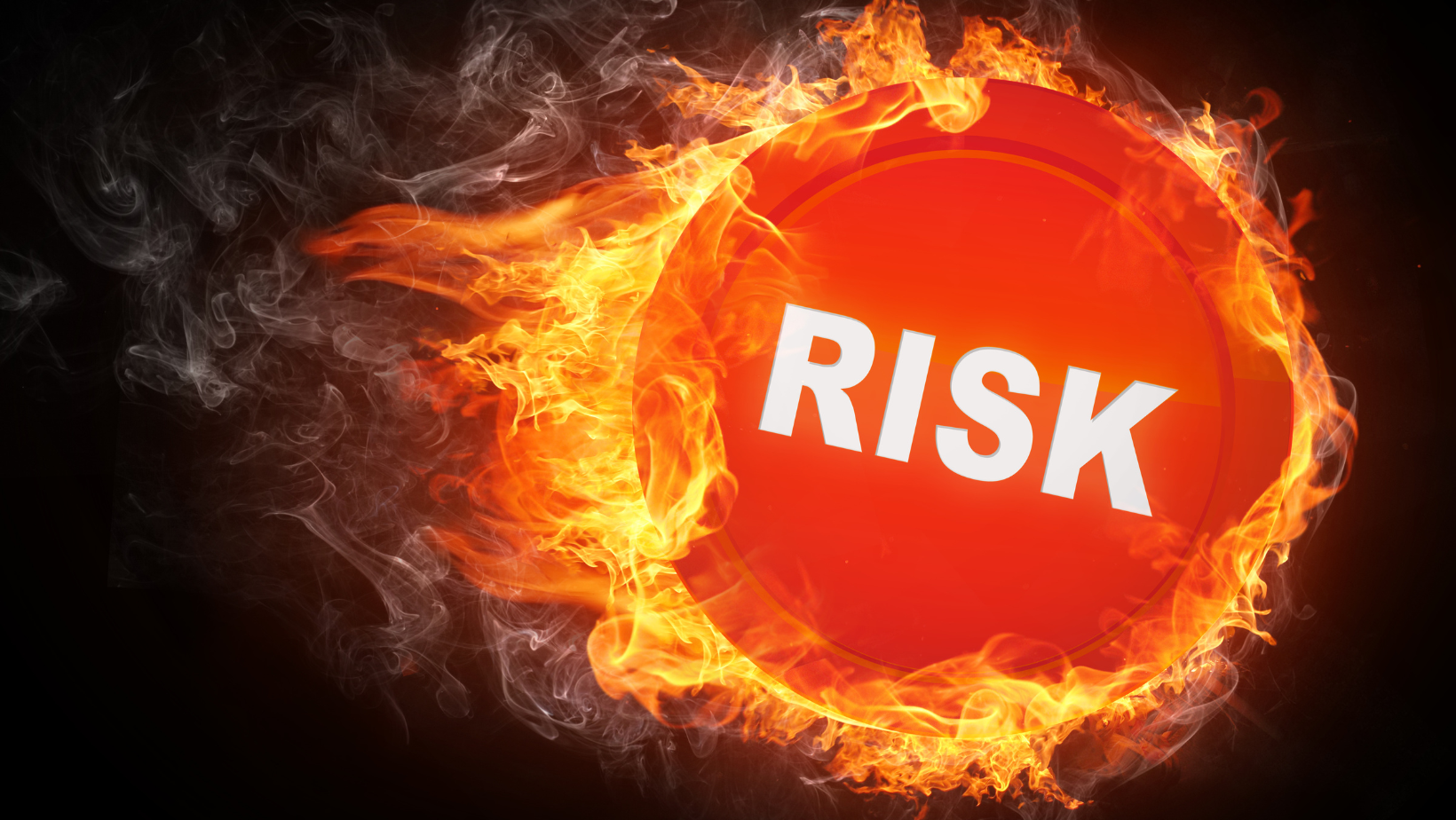Risk taking behaviour is a common trait among young drivers, and it’s no secret that this behaviour can lead to dangerous and potentially deadly consequences on the road. Why are younger drivers more prone to appearing in the accident statistics? The answer may lie in brain development.
The human brain undergoes significant development during adolescence and young adulthood, and this development can impact risk taking behaviour in a number of ways.
One factor that plays a role in risk taking behaviour is the development of the prefrontal cortex, which is the part of the brain responsible for decision making and impulse control. During adolescence and young adulthood, the prefrontal cortex is still developing and may not be fully mature, leading to impulsive and risky behaviour.
Another factor that affects risk taking behaviour is the brain’s reward system. The release of neurotransmitters like dopamine, which is associated with pleasure and reward, can influence risk taking behaviour. During adolescence and young adulthood, the brain’s reward system is particularly sensitive and may lead to an increased desire for novelty and thrill-seeking behaviour.
Additionally, the development of the amygdala, which is the part of the brain responsible for processing and interpreting emotions, can also impact risk taking behaviour. The amygdala is more reactive in adolescents and young adults, leading to heightened emotional responses and potentially riskier behaviour.
So what can be done to address risk taking behaviour in young drivers?
One approach is education and awareness campaigns that highlight the dangers of risky behaviour on the road. It’s important for young drivers to understand the potential consequences of their actions and to make safe and responsible choices behind the wheel.
Another approach is to implement graduated driver licensing programs, which gradually introduce young drivers to more complex driving situations and gradually increase their driving privileges over time.
This can help young drivers gain experience and develop safe driving habits before they are given full driving privileges.
In addition to these approaches, it’s also important for parents, guardians, and other adults to model safe driving behaviour for young drivers. This can help reinforce the importance of safe driving practices and set a positive example for young drivers to follow.
In conclusion, brain development plays a significant role in risk taking behaviour in drivers, particularly during adolescence and young adulthood.
By implementing education and awareness campaigns, graduated driver licensing programs, and modelling safe driving behaviour, we can help reduce risk taking behaviour in young drivers and promote safer roads for everyone.






